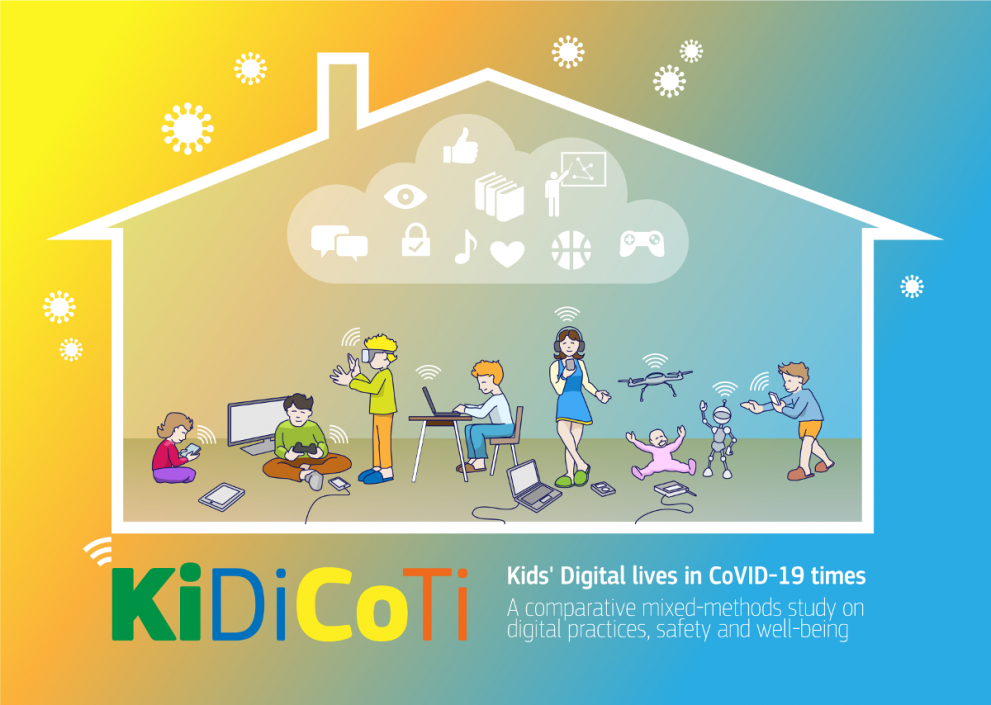
A new study collects data on kids' digital use during the COVID-19 pandemic.
The COVID-19 pandemic forced children in Europe (and beyond) into "lock-down" at home.
Schooling, leisure time, social contacts, take place at home and via digital media.
Children are more than ever, consumers of digital media and content.
The situation also opens new opportunities for children:
- gaining new skills (e.g. autonomy, self-determination or becoming more skilled in using digital technologies).
- sharing quality time around online activities with parents, siblings and distant family members.
Yet, research (PDF) found that 'increased time spent online should increase the likelihood of negative experiences'.
Negative experiences include:
- encountering inappropriate content
- overuse
- commercial pressure
- unwanted contact
- cyberbullying
- physical and mental health impact
It seems essential to gather quickly comparable cross-national data to
- draw an image of the threat landscape in the home context,
- support mitigation strategies of those risks and
- support the positive externalisations of this unexpected crisis.
New study on kids' digital use during lock-down
In March 2020, JRC in collaboration with selected European research teams began a study:
"Kids' Digital lives in COVID-19 Times" (KiDiCoTi).
The study gathers data to map the evolution of children's digital engagement during the coronavirus lock-down with a particular focus on children
- online safety,
- privacy and
- well-being.
The knowledge and know-how developed by the recent JRC study 'young children (0-8) and digital technology' and its cross-European research network have facilitated this effort.
At the moment of writing, 26 research centers in 15 European countries (PDF) and the research office of UNICEF collaborates on this new study.
The results of this study are intended to support the EU security union strategy and its new ecosystem as well as the European strategy for a better internet for children relayed by its platform better internet for kids.
Related Content
KiDiCoTi project - list of participating research centres
Details
- Publication date
- 11 September 2020
